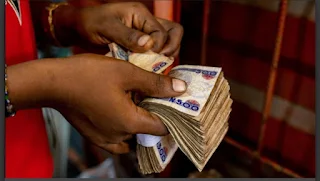During a recent press briefing, Julie Kozak, Director of Communications at the International Monetary Fund (IMF), emphasized the urgent need for the Nigerian government to implement social protection measures aimed at assisting the country's poor and vulnerable populations. With food, drug, and transportation prices soaring, Kozak highlighted the imperative to alleviate the hardships faced by Nigerians amidst these economic challenges.
Kozak underscored the crucial role of fully implementing social safety net programs, emphasizing their significance in the government's broader efforts to reform costly subsidies on fuel and electricity. By prioritizing the welfare of vulnerable citizens, the Nigerian government can pave the way for sustainable economic reforms while ensuring that essential needs are met for those most in need.
Recognizing the immediate priority of addressing food insecurity, Kozak applauded the recent approval of targeted social safety net programs that will provide cash transfers to vulnerable households. This, she emphasized, is a crucial step toward easing the suffering experienced by Nigerians amidst soaring food prices.
Moreover, the IMF sees recent actions taken by the Monetary Policy Committee (MPC), including further tightening monetary policy, as positive steps toward curbing inflation and relieving pressure on the naira. Kozak expressed confidence that these measures would help contain inflationary pressures and stabilize the currency.
In addition to these recommendations, the IMF announced plans to release a detailed annual report on Nigeria's economy, signaling a broader focus on assessing and understanding the country's economic landscape in depth.


Post a Comment